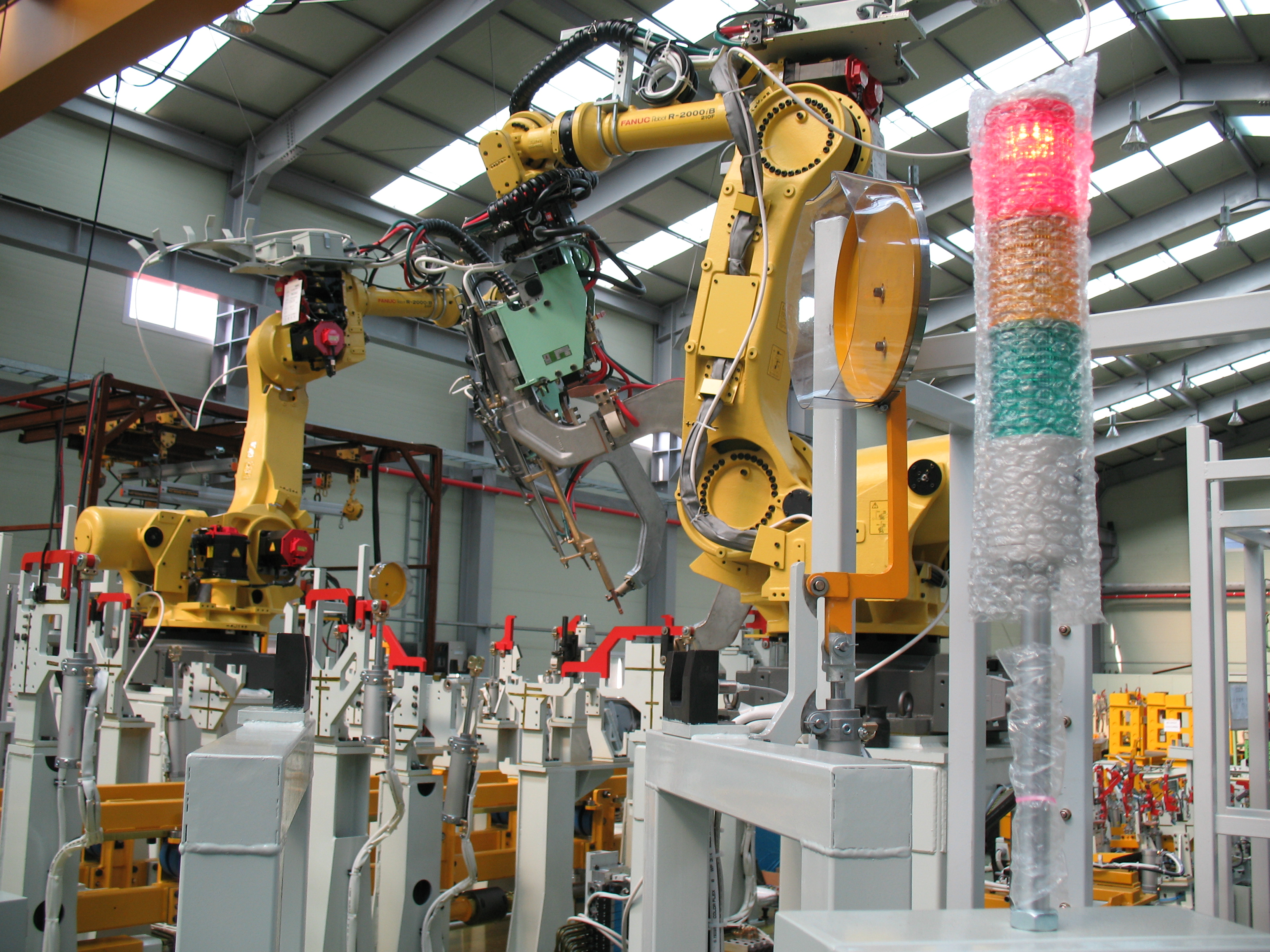Advancements in robotics are not just about developing better robots to do work on their own. It’s about developing robots whose work is interacting with humans. Those robots have to be programmed with personality, which is not one-size-fits-all project.
The ideal robot companion for humans is not quite perfect. That’s the conclusion of PhD researcher Mriganka Biswas, supervised by Dr John Murray, from the University of Lincoln’s School of Computer Science who presented their findings the International Conference on Intelligent Robots and Systems (IROS) conference in Hamburg this October, as reported in WT VOX.: "A companion robot needs to be friendly and have the ability to recognise users’ emotions and needs, and act accordingly. Despite this, robots used in previous research have lacked human characteristics so that users cannot relate -- how can we interact with something that is more perfect than we are?”
The good news is that it is possible to program robots to come across as more human. As the French company Aldebaran has discovered in developing culture-specific programming for humanoid robots in conjunction with its parent company, Softbank, what people would want for their humanoid robot varies, according to cultural expectations. That’s what it’s working on in developing the robot Pepper for international markets.
The controlling idea for developing a companion robot like Pepper is interaction. On one level, the robot acts like Siri on wheels. It has the ability to tap into the Internet to answer questions about the weather or local entertainment offerings. Beyond recognizing your voice and responding to what you ask, Pepper is equipped with built-in cameras and sensors that enable it to analyze facial expressions and body language to identify what a person is feeling.
Pepper communicates to humans through eye movements, what appears on the tablet it wears, and speech. What Pepper says can be neutral, playful, or didactic. Which of those three should be the default depends on the expectations of the humans around, and that’s where specialized programming comes in.
Read more in








